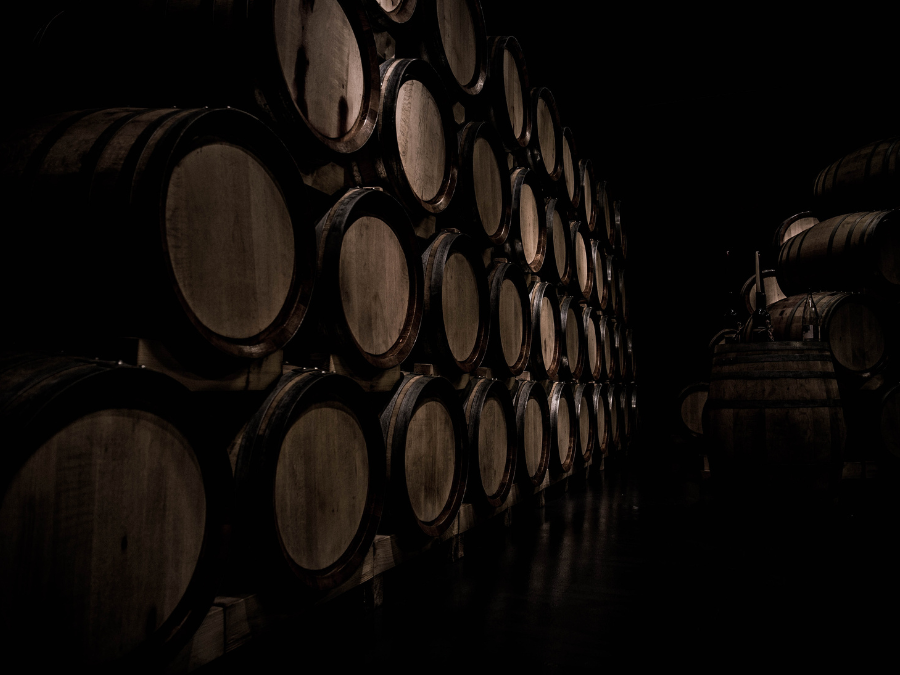
Exports of wine from South Africa fell 5% in 2022, with the country’s trade body pointing to adverse weather and supply-chain disruption.
According to data released by Wines of South Africa (WoSA), export volumes dropped 5% year-on-year to 368.8 million litres of wine. Sales by value declined 2.9% to ZAR9.9bn (US$577m).
“The recovery of exports was hampered in 2022 by various factors out of the control of our producers,” WoSA CEO Siobhan Thompson said.
WoSA pointed to an “extended period of adverse weather conditions,” which hit the shipping port of Cape Town in April. In October, industrial action by port workers caused disruptions for two weeks that impacted the port’s export capacity.
South Africa’s largest wine market is the UK, which took in 96.9 million litres of wine in 2022, a rise of 5% on the previous year. However, the total value of exports to the UK dropped by 5% to ZAR2.4bn.
Germany, South Africa’s second-biggest export market, declined by 17% in value and by 9% in volume terms. WoSA attributed the results to inflation and “an emerging culture of drinking local wines”.
Exports to China fell by 38% in volume, accompanied by a decline in value of 26%. South African wines in the market had been showing “exponential growth” but China’s zero-Covid policy hit demand, WoSA said.
Rico Basson, the MD of the wine industry association Vinpro, said: “Our South African producers and exporters should be commended for the responsible manner with which they approached the marketing of wine during the past year. Our exporters remained focused and, notwithstanding massive cost pressure, supply chain disruptions and surplus stock, did not follow a short-term approach to discount their product, which would have eroded the work that was done over the past few years to reposition South African wines.”



